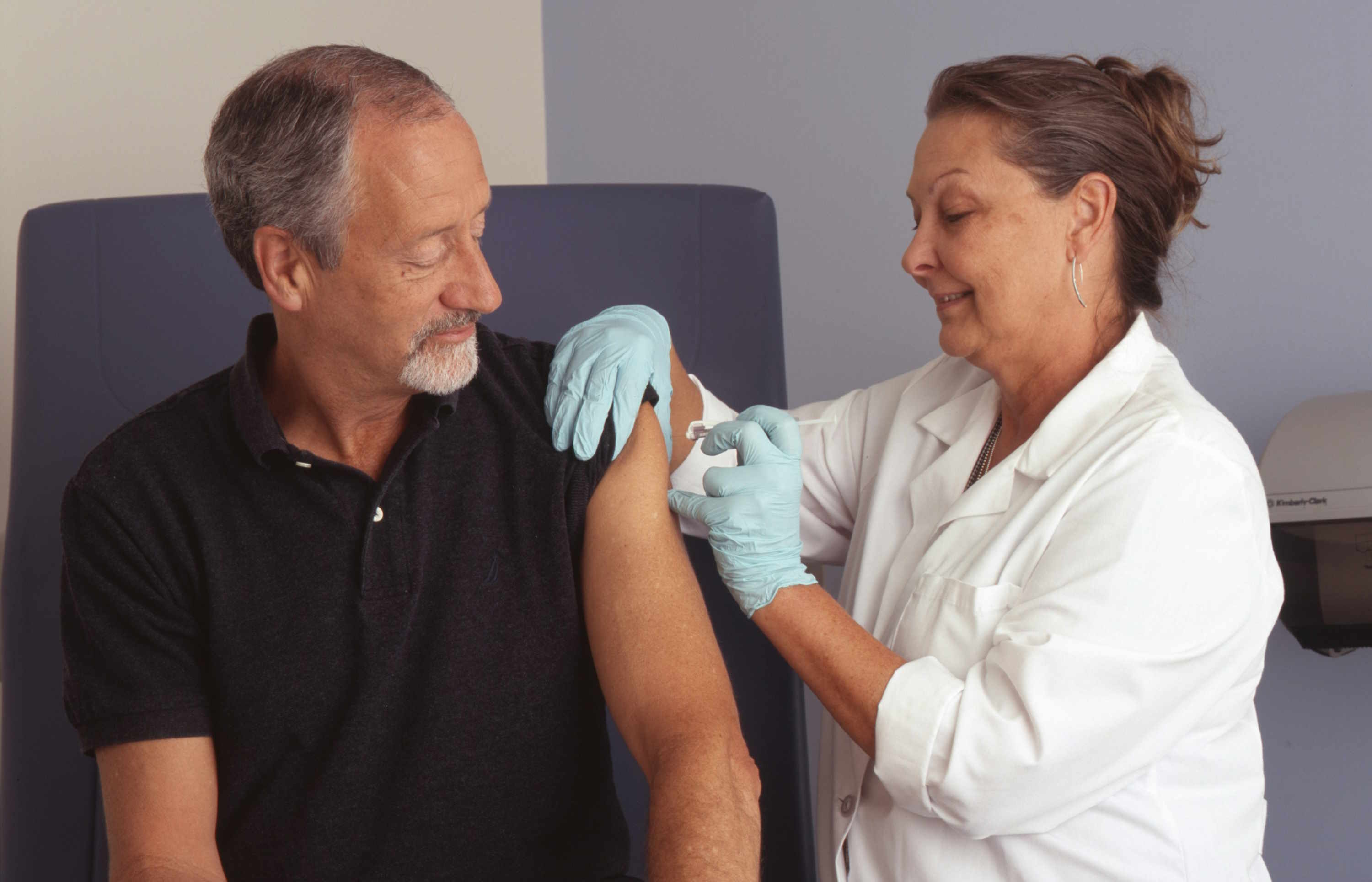Want to Get Paid? How to Find Clinical Trials for Smokers
In recent years, the healthcare industry has seen a surge in clinical trials aimed at understanding and addressing smoking-related health issues. For smokers looking to contribute to scientific research while potentially earning some extra money, participating in these trials can be an intriguing opportunity. This article explores the world of paid clinical trials for smokers, offering insights into how they work, where to find them, and what to expect during the process.

Understanding Paid Clinical Trials for Smokers
Clinical trials are research studies that evaluate new medical treatments, devices, or approaches. For smokers, these trials often focus on smoking cessation methods, the effects of smoking on various health conditions, or the development of new tobacco products. Participants in these studies may receive compensation for their time and effort, which can range from a few hundred to several thousand dollars, depending on the trial’s duration and complexity.
Where to Find Smoking-Related Clinical Trials
Several reputable websites serve as databases for clinical trials, making it easier for potential participants to find suitable studies. ClinicalTrials.gov, a service provided by the U.S. National Library of Medicine, is one of the most comprehensive resources. Other platforms like ResearchMatch, CenterWatch, and CISCRP also list smoking-related trials. Additionally, many universities and medical centers conduct their own studies and advertise them locally.
Eligibility Requirements for Participation
Each clinical trial has specific eligibility criteria that participants must meet. For smoking-related studies, these may include age range, smoking history (e.g., number of cigarettes smoked per day), overall health status, and the absence of certain medical conditions. Some trials might require participants to be current smokers, while others may seek those trying to quit or former smokers.
Weighing the Risks and Benefits
Participating in a clinical trial can offer several benefits, including access to new treatments, regular health check-ups, and the satisfaction of contributing to medical advancements. However, it’s crucial to consider potential risks, such as side effects from experimental treatments or the time commitment required. Before enrolling, carefully review the informed consent document and discuss any concerns with the research team.
The Clinical Trial Experience: What to Expect
When participating in a smoking-related clinical trial, you may be asked to:
• Complete questionnaires about your smoking habits and health • Undergo physical examinations and medical tests • Use new smoking cessation products or medications • Attend regular check-ups and follow-up appointments • Keep a diary of your smoking behavior or symptoms
It’s important to follow the study protocol closely and communicate openly with the research team throughout the trial.
Navigating the Application Process
To increase your chances of being selected for a clinical trial, be proactive and thorough in your approach. Start by creating a profile on clinical trial websites, providing accurate information about your smoking habits and medical history. When you find a suitable study, reach out promptly and be prepared to answer screening questions. Remember that the selection process can be competitive, so applying to multiple trials may improve your odds of participation.
Comparing Clinical Trial Opportunities for Smokers
When exploring clinical trial options, it’s helpful to compare different studies to find the best fit for your situation. Here’s a comparison of some well-known institutions conducting smoking-related trials:
| Institution | Type of Studies | Compensation Range | Location |
|---|---|---|---|
| Mayo Clinic | Smoking cessation, lung health | $200 - $1000 | Multiple U.S. locations |
| NIH Clinical Center | Nicotine addiction, smoking-related diseases | $50 - $3000 | Bethesda, MD |
| University of California, San Francisco | E-cigarette research, tobacco policy studies | $100 - $500 | San Francisco, CA |
| Johns Hopkins Medicine | Smoking behavior, mental health | $150 - $1500 | Baltimore, MD |
Note: Compensation ranges are estimates based on publicly available information. Actual compensation may vary depending on the specific study and participant involvement. It is encouraged to conduct independent research for the most up-to-date information.
Participating in clinical trials for smokers can be a rewarding experience, offering financial incentives while contributing to important medical research. By understanding the process, carefully evaluating opportunities, and staying informed about your rights and responsibilities as a participant, you can make the most of these unique healthcare opportunities.
Disclaimer: This article is for informational purposes only and should not be considered medical advice. Please consult a qualified healthcare professional for personalized guidance and treatment.
The shared information of this article is up-to-date as of the publishing date. For more up-to-date information, please conduct own research.




